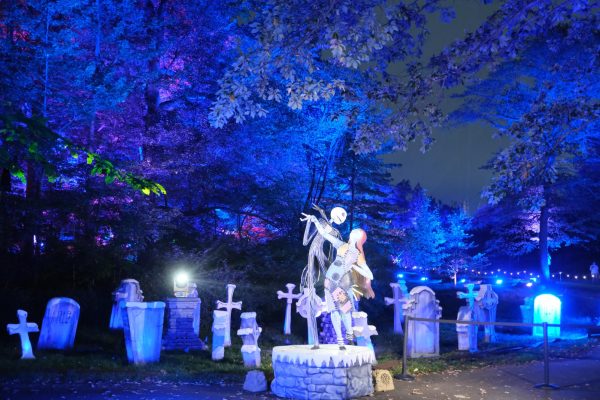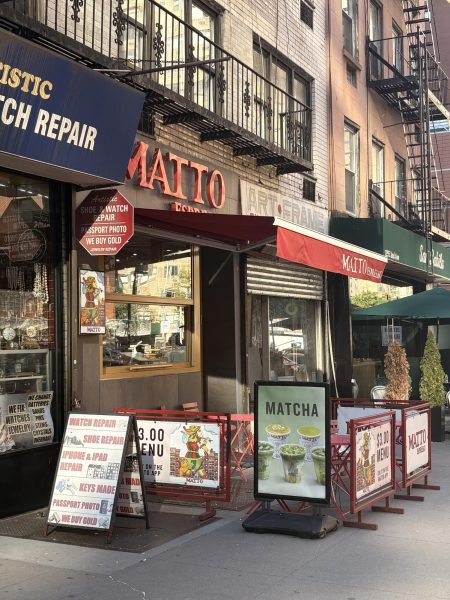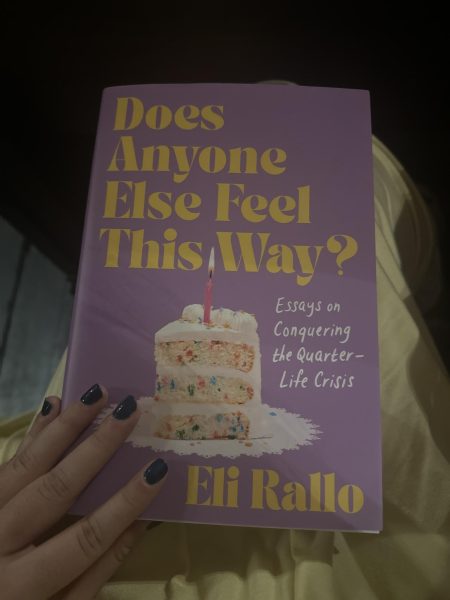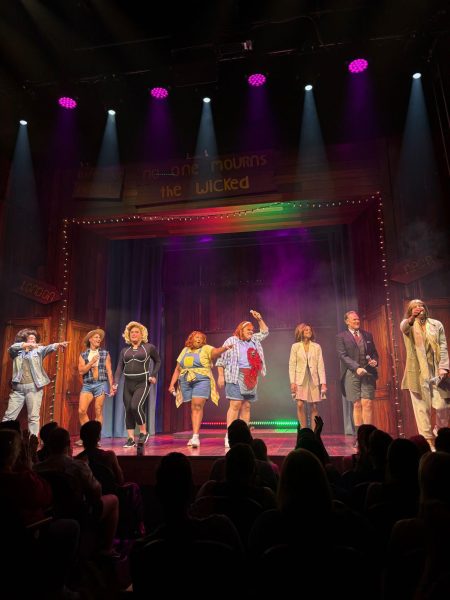Getting Po[lit]ical: The Legalization of Marijuana in New Jersey
Reading Time: 3 minutesNew Jersey voters approved a general ballot legalizing marijuana in November 2020, but it wasn’t until April 21st that the state established the first legal sales of adult-use, recreational cannabis. Commissioners and Executive Director Jeff Brown said the delay was necessary because the medical marijuana operators had to prove that they could open up new recreational sales while also catering to their 130,000+ existing medical marijuana patients who are served by just 23 dispensaries statewide.
New Jersey is one of 18 states, including New York, to legalize recreational marijuana for adults. Anyone 21 years of age and older are able to purchase cannabis products from local NJ dispensaries but there is a limit on what you can purchase.New Jersey is maintaining strict restrictions on cannabis use, including how much an individual is permitted to buy and possess, and where to smoke it.
Each dispensary is only allowed to sell up to any combination of products equivalent to 1 ounce of cannabis in accordance with NJ-CRC Rules, In each transaction, dispensaries are allowed to sell up to the equivalent of 1 ounce of cannabis. That includes dried flower, concentrates, resins, oils, ingestible products like gummies. Legally allowable product categories include dried flower, concentrated oils, resin, vape formulas, tinctures, lozenges, and soft chews, but availability will vary by dispensary. Perishable edibles like cookies and brownies are not available for purchase from any dispensary.
There are also still rules in place for crossing state borders with marijuana. Even if you live in New Jersey, you can’t leave the state with your stash. The law allows for approved businesses to grow and sell cannabis to adult consumers within the state, but outside of the state weed is still illegal for many others. Crossing into states where weed is also legal can also be just as dangerous. Because cannabis is still not federally legal( like New Jersey, California, and many other states) traveling with it can put you at risk of committing a federal crime.
With all that being said, New Jersey becoming the 18th state to legalize marijuana is a milestone that should be celebrated as its another step in further decriminalizing marijuna all together. A medical marijuana card holder who wishes to remain anonymous shared their thoughts on the topic, “I’m glad medical marijuana is expanding recreationally into different states like New Jersey. Marijuana has many benefits for those with physical/mental health problems and believe that all states should legalize marijuana for its health benefits.” Despite this tremendous step in the right direction to give more access to cannabis products to help those in need of it medically, all states should take steps to decriminalize marijauna as well. For instance, in New York any person with criminal-marijuan related offenses will get it removed from their records.
As stated by Vera, “People who have been convicted of now-decriminalized marijuana-related offenses will have their records automatically expunged. A tax on marijuana sales is also expected to generate $350 million a year, with 40 percent of revenue going to communities hurt most by drug arrests and the rest allocated to public education and drug treatment and prevention programs.” The more states that are legalizing marijuana can pave the way to further decriminalizing mairjuna that greatly affects POC more than twice it does to white people. Having charges on their records prevent them from gaining access to future opportunities including applying for jobs, loans, child care, etc. Hiding their lives due to a marijuana related criminal charge where in most states it is legal.
The Cannabis Regulatory Commission’s expansion goals are well underway with over 900 applications for a recreational marijuana license – to grow, manufacture, test or sell having been submitted according to Commissioners and Executive Director Jeff Brown. Over 500 of those applications have to be reviewed and, to date, the CRC has issued 102 conditional licenses to recreational cannabis cultivators and manufacturers.

![Getting Po[lit]ical: The Legalization of Marijuana in New Jersey](https://themonitormmc.com/wp-content/uploads/2022/05/pexels-kindel-media-7667731-900x600.jpg)




